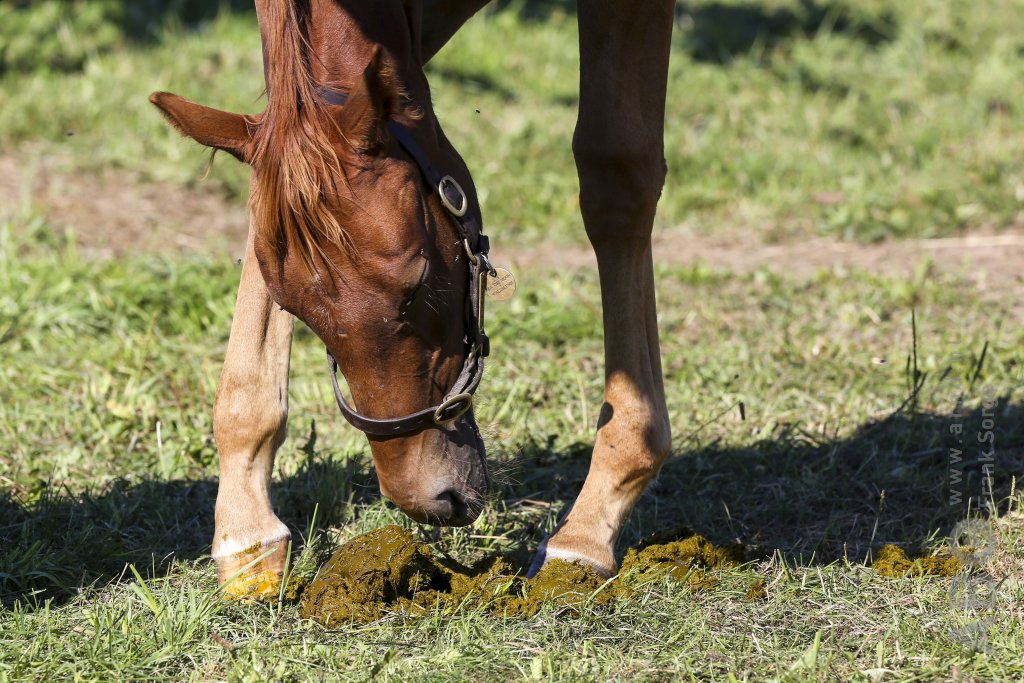Scientists from the University of Surrey in England have linked the gut flora of one-month-old Thoroughbred foals to their health and performance later in life. Research on the foals examined shows that a greater diversity of bacteria in manure at an early age leads to better athletic performance at three years of age.
The main aim of the study was to look at the association between gut bacterial colonies early in life and health status later in life. “We were particularly interested in respiratory disease, as it is a major problem, especially in young racehorses. We found that there are links, particularly between low bacterial diversity in the gut and increased risk of respiratory disease later in life,” said Professor Brodmann. H&HHe continues: “It really amazes me that what happens when these horses are one month old is an indicator of how those horses will perform on the racetrack three years later.”
Research design
A total of 438 fecal samples from 52 Thoroughbred foals were analyzed and health problems in the respiratory, digestive, bone and soft tissue systems were monitored from birth to three years of age. The foals came from five breeding farms and were trained by 29 different trainers.
Antibiotic effects
They also examined the long-term effects of foals given antibiotics during the first month of life versus foals not given antibiotics during this period. The research showed that foals given antibiotics had lower bacterial diversity in their manure, won less prize money, and were significantly more likely to develop respiratory disease. They also found that lower bacterial diversity in the gut early in life was associated with an increased risk of soft tissue and bone problems later in life.
“Our study shows that antibiotic treatment can disrupt healthy gut flora with long-term effects on health and performance. Antibiotics are vital in treating infections and protecting the long-term health of foals; however, they must be used responsibly,” says co-author Professor Roberto La Ragione.
source: H&H

“Lifelong entrepreneur. Total writer. Internet ninja. Analyst. Friendly music enthusiast.”











More Stories
Monster Jam Showdown Launch Trailer
The European Digital Twin Ocean prototype reveals many possibilities
Instagram now lets you add a song to your account